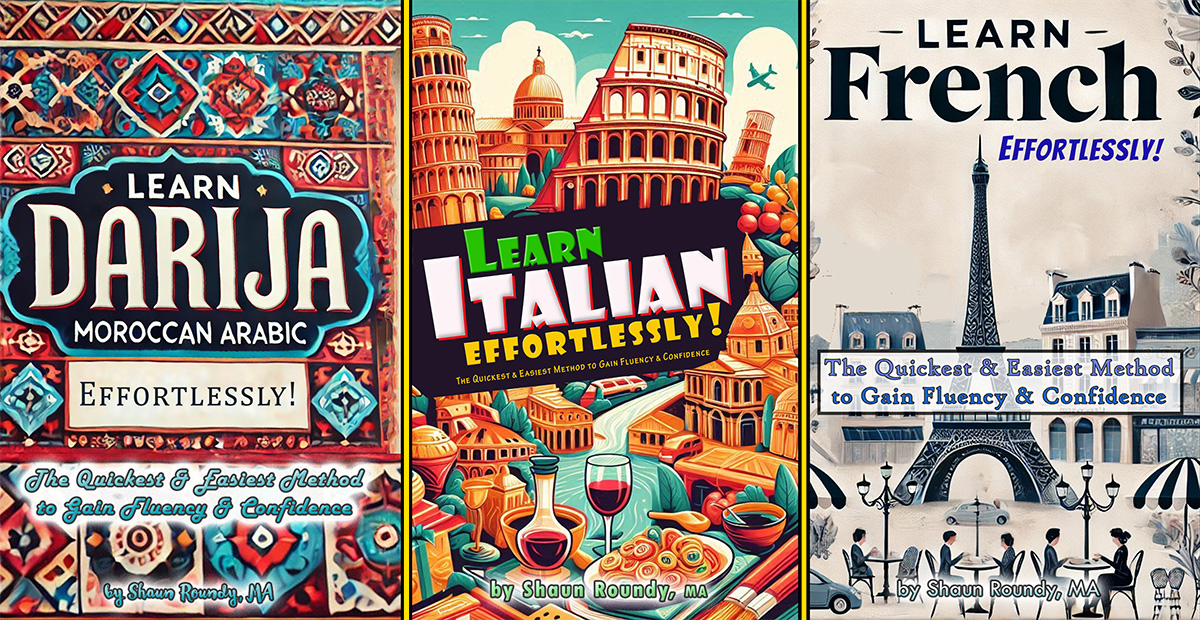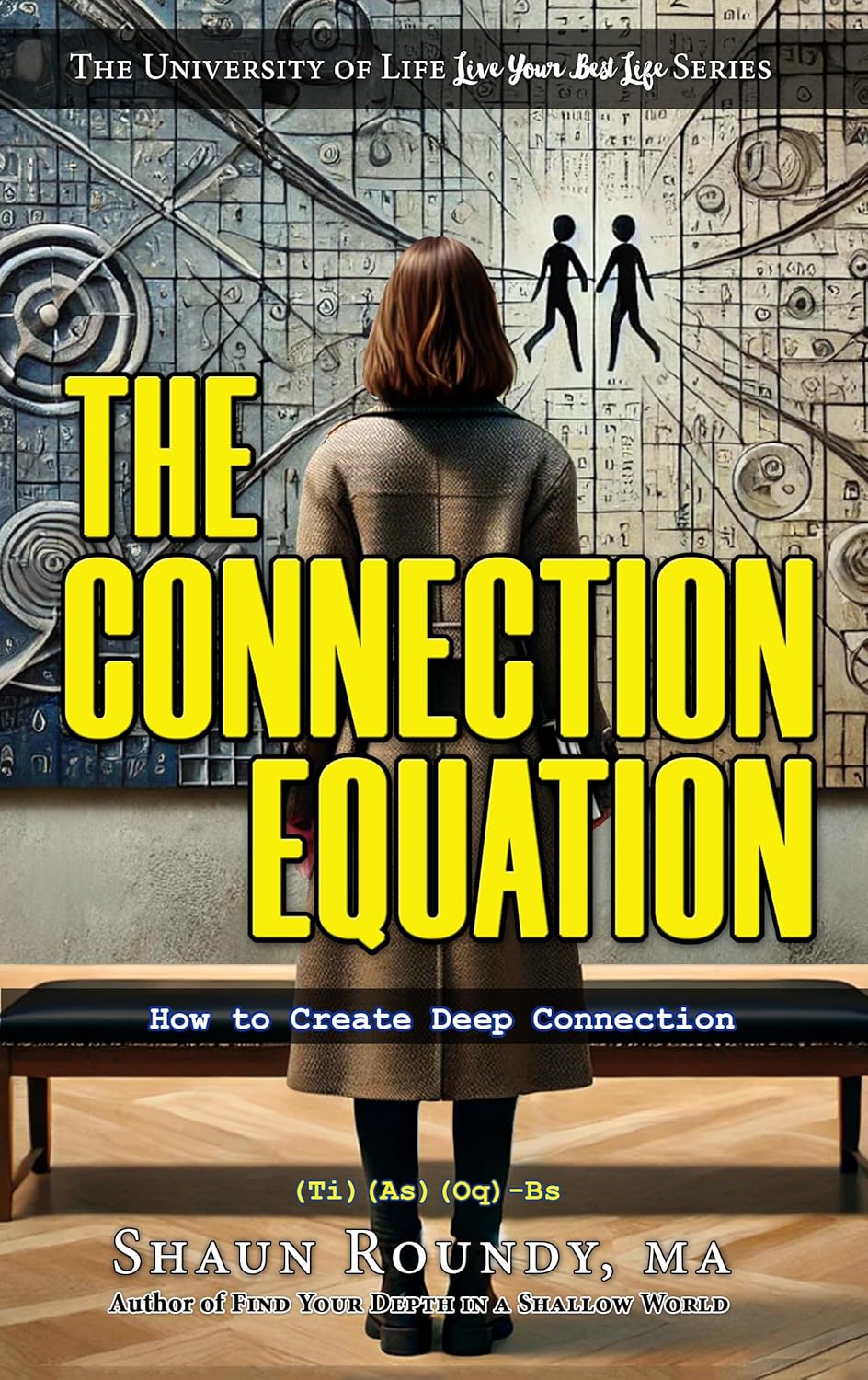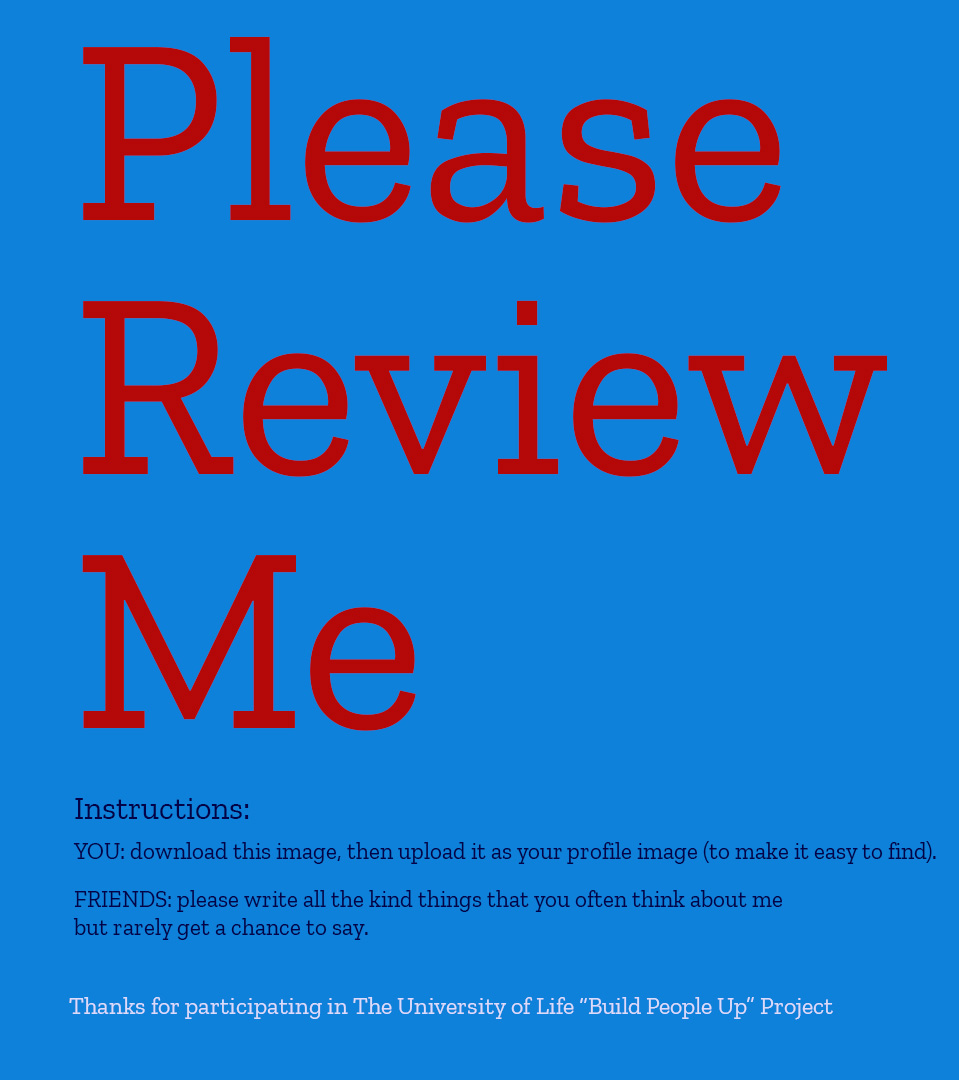On one hand, love is an absolute. It is what it is, and it’s powerful, abundant, and infinite.
On the other hand, our experience of love is limited to our understanding of it – both conscious and subconscious.
Consciously, we observe how others love and assume that where they stop – where love capitulates to selfishness and fear – is the correct amount of love. Anything more or less would violate societal norms and call attention to ourselves. Then we would be judged, and that can be frightening.
 Subconsciously, our ability to love is constrained by the unconditional and conditional love we received from our parents or other authority figures during our formative years.
Subconsciously, our ability to love is constrained by the unconditional and conditional love we received from our parents or other authority figures during our formative years.
Even if the love was there, if we didn’t receive it, then we couldn’t learn from it.
If we didn’t experience enough unconditional love – and most of us have not – then our minds have difficulty with the concept of loving ourselves or others unconditionally.
If we didn’t experience enough conditional love – which means to be encouraged, accepted, and rewarded for our efforts and accomplishments – then we may feel incompetent and lack confidence.
Now that we’ve grown up, the responsibility falls on ourselves to make up for whatever deficits we acquired during childhood, and that’s no easy task!
The solution begins with awareness.
Do you feel loved unconditionally? Do you feel safe and able to express yourself and risk because you know that even when you fail, you have a secure, accepting place – within yourself – to land?
If you don’t feel this way, it’s up to you to correct that deficit. I hope the many resources posted on this site will help.
Do you feel competent? Do you calmly and confidently go about your business, knowing that you’ll do a good enough job to be accepted and even appreciated and praised? If not, it would be worth your while to repair your paradigm.
SLIDER
Where do you fall on the “Learned Limits” love slider?
| 1: Nobody loves me, including myself. I am paralyzed by social anxiety and emotional distress. I don’t know what love means, and I’m not sure it even exists. | 3: Most people are selfish jerks. I’m sorry, but that’s reality. If I don’t watch out for number 1, nobody’s gonna do it for me! | 5: I love myself and others enough already. This is how it should be done. As long as I keep up with the Joneses, that’s good enough for me. | 7: I love myself and others, but not perfectly. I’m striving to love and accept and celebrate myself and others more, and when I look back, I see myself progressing. | 10: I feel happy, loved, and competent. I don’t need to analyze my capacity for love because I’m plenty busy loving myself and everyone! |
11. Going to extremes: There’s no such thing as loving yourself too much or feeling too confident. If you get accused of that, then make sure you also love others the same way. If you do, great, and your accusers simply don’t understand love. If you don’t, then you may have a counterfeit of self love – selfishness, narcissism, pride, etc. Learn more about what it truly means to love yourself and you’ll find a happiness you can’t yet imagine.
FOR DISCUSSION
What do you think are appropriate limits of how much to love yourself and others? What would happen if someone loved more or less than that?
How loved did you feel as a child? Looking back, did your parents and others show love in ways you may not have recognized?
HOMEWORK
Find ways to show more love to yourself than you normally do. If it feels uncomfortable, continue until it feels more natural.
Find ways to show more love to someone you already love, someone you dislike, or a total stranger. Note their reaction.
Look around for examples of people who love more than the norm. What do they do differently? What effect does it have on them and on the people they show love to?









Leave a Reply